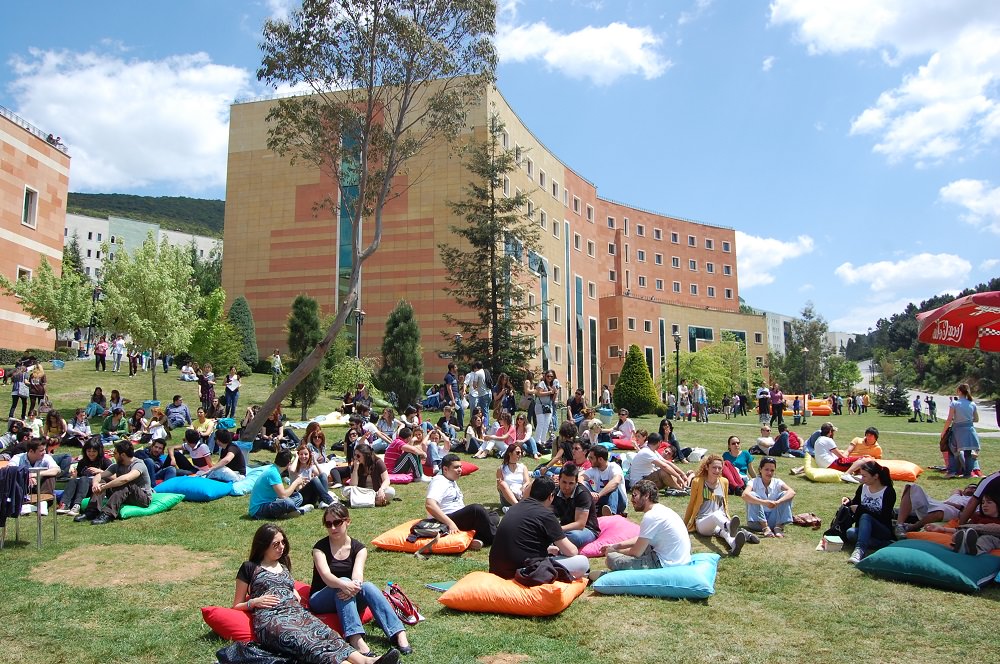Biomedical Engineering Master's Program
About
Biomedical engineering is an interdisciplinary engineering field that applies fundamental engineering principles and methods to solve health-related problems using advanced quantitative and analytical techniques.
Biomedical Engineering Master's program is for undergraduate graduates who have received basic engineering education; By specializing in a sub-field of Biomedical Engineering, it aims to gain the ability to produce scientific knowledge and design new products in this field.
Educational Objectives of the Master's Program in Biomedical Engineering
Able to conduct advanced research and development in a specific field within the scope of Biomedical Engineering,
Able to apply this knowledge gained in the field of specialization,
Taking part in projects in the field of Biomedical Engineering; graduates who can conduct research that can produce conference papers, publications and patents are aimed.
For detailed information, click on the Biomedical Engineering Department Page

